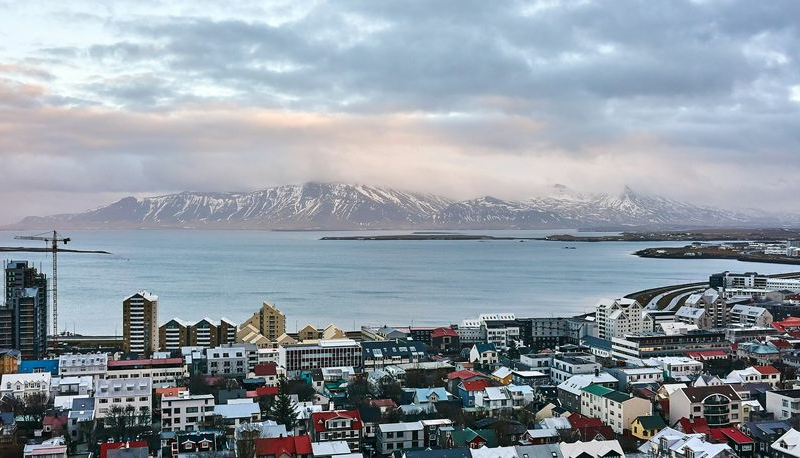By ArLuther Lee, The Atlanta Journal-Constitution
Troy Warren for CNT
Iceland tested a four-day workweek for several years that proved to be an “overwhelming success” as thousands of workers improved productivity while spending fewer hours on the job, according to results of the study published Sunday.
The large-scale study, conducted between 2015 and 2019 in the Nordic island nation off the coast of Greenland in the Norwegian Sea, found “groundbreaking evidence for the efficacy of working time reduction.”
About 2,500 workers were permitted to shorten their work week by a day and moved from a 40-hour week to a 35- or 36-hour week while maintaining the same rate of pay.
Employees from a wide range of workplaces reported improved health and happiness, less burnout, and a work-life balance that was more manageable — all factors that have become paramount to employers focused on lessening employee stress and improving mental health in a post-pandemic world.
The Reykjavik City Council and the Icelandic national government began the trials six years ago in response to demands for a shorter work week from trade unions and civil society organizations, according to the Washington Post.
Results gathered from offices, preschools, social service providers and hospitals showed “transformative positive effects” that benefited both employees and businesses.
“This study shows that the world’s largest ever trial of a shorter working week in the public sector was by all measures an overwhelming success,” Will Stronge, director of research at the think tank Autonomy, said in a statement to The Washington Post, adding that the program serves as a “landmark pilot” that provides a “precedent for other public authorities.”
After the success of the trials, trade unions in Iceland were able to negotiate permanent reductions in working hours, with approximately 86% of Iceland’s entire working population now either implementing shorter weeks or gaining the right to shorten their working hours, according to the Post.
The Association for Sustainable Democracy in Iceland published the findings of the trial run over the weekend.
Participants said the reduction in work time allowed them to run errands, participate in home duties, exercise and spend quality time with family and friends, often translating into less stress at home and wider social well-being, the Post reported.
“This [reduction in hours] shows increased respect for the individual. That we are not just machines that just work . . . all day. Then sleep and get back to work. [But that] we are persons with desires and private lives, families and hobbies,” said one participant, according to the Post.
After moving to the four-day work week, many workers made creative changes to their patterns on the job, which led to better efficiency in completing tasks, the study found.
For example, meetings and coffee breaks were shortened in many cases, and email communications were utilized more.
Overall motivation to complete tasks before the end of a shorter workweek was evident.
While the concept of the four-day week has mainly caught on in countries like New Zealand, Germany, and Spain, companies in the United States remain wedded to the Monday-through-Friday structure but are increasingly recognizing the challenge of burnout.
Some U.S. companies have started flirting with the idea of a shorter work week, including Buffer, a social media software firm, which moved to a four-day system “for the foreseeable future” earlier this year after successful tests.
The crowdfunding platform Kickstarter announced plans to tryout the four-day workweek next year.
In Other NEWS



































